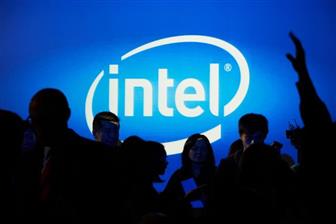Gideon
Platinum Member
- Nov 27, 2007
- 2,044
- 5,103
- 136
Hyperthreading provides an 18% uplift
12900K's Golden Cove (PL1) All-core boost is 3.7 GHz (based on 3. 9GHz PL1 vs 4.8 GHz PL2 11900K)
12900K's Gracemont (PL1) All-core boost remains the same at 3.5 GHz
12900K still beats the 5900X, although by a much smaller extent, in multi-threading.
12900K loses to the 5950X, but that's to be expected, given the fewer cores.
A couple of corrections
1. SMT gives at least 30% sometimes up to 40% in rendering benchmarks for both Intel and AMD. Obviously less in less parallel workloads, but these usually don't scale to >16 threads anyway
2. AMD has about 10% MT perf in store should they ignore power similarily to Intel. If they are worried about losing the ground they can play the game too (releasing some higher TDP models)
3. There are mixed messages regarding Zen 3 6nm refresh. Initially it was rumored as cancelled, then some refuted it. If it comes and is indeed on TSMC 6nm then it will not move the needle much in ST but should give ~10% of extra MT perf from less power draw ( == higher clocks for MT loads).
All in all I can't imagine AMD just sitting still for a year till late 2022 for Zen 4 when they still have some gas in the tank.



